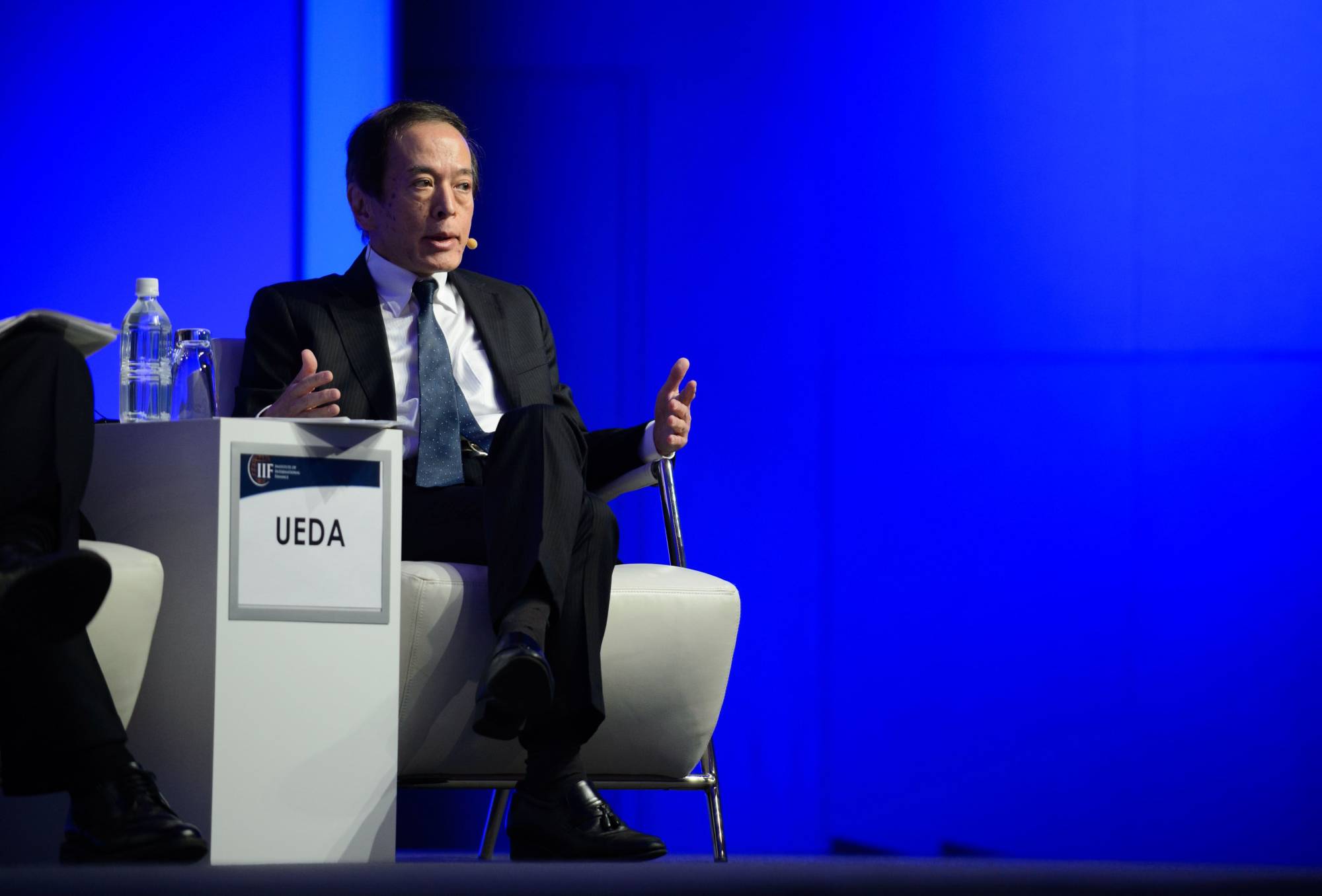For all the enormous consequence of their actions, central bankers often make decisions cloaked in gray.
While dissents from interest-rate calls aren’t uncommon — and can turn doubters into heroes if things don’t go well — those in the minority typically aren't major-league rebels. That makes it tough to guess what people will do if they graduate to the corner suite: The prevailing conditions at the time matter more than philosophy. Japan may be become a powerful exhibit of that.
When news rippled across markets late Friday that Kazuo Ueda was to succeed Haruhiko Kuroda as Bank of Japan chief, investors didn’t have a lot to go on. (His appointment was officially announced Tuesday.) Some narratives latched onto his academic background and likened him to Ben Bernanke, who ran the Federal Reserve from 2006 to 2014 and propelled the U.S. in the world of Japan-style easy money. More interesting, however, may be a closer look at Ueda’s time on the BOJ’s policy board a few decades ago. Specifically, his thinking around the bank’s blunder in August 2000, when the BOJ lifted its benchmark rate and Ueda voted "No.” (Another colleague, Nobuyuki Nakahara, also broke with the majority.)



















With your current subscription plan you can comment on stories. However, before writing your first comment, please create a display name in the Profile section of your subscriber account page.